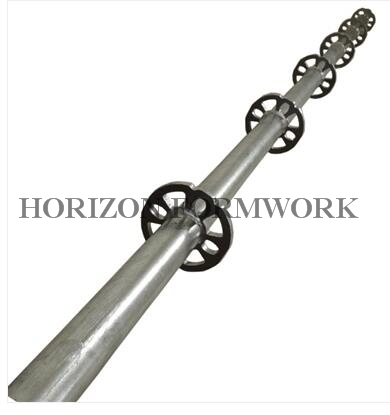Sep . 23, 2024 11:20 Back to list
Slab Formwork Suppliers and Exporters for Construction Projects Worldwide
Understanding Slab Formwork Exporters A Comprehensive Overview
In the realm of construction, achieving a solid foundation and a seamless slab is critical to the structural integrity of any building project. This is where slab formwork comes into play, serving as a crucial support system during the pouring of concrete. As the demand for advanced construction solutions escalates globally, slab formwork exporters have gained prominence in construction markets worldwide. This article aims to highlight their significance, the types of slab formwork, and the factors influencing their export.
What is Slab Formwork?
Slab formwork refers to the temporary structures designed to hold the concrete in place while it sets and gains strength. Typically made from materials like plywood, steel, aluminum, or even plastic, slab formwork is engineered to precisely shape the concrete slab being poured. The primary purpose of formwork is to provide safety, ease of handling, and superior finish quality, which is essential for delivering successful construction projects.
Types of Slab Formwork
1. Traditional Timber Formwork This is one of the earliest forms of formwork, using wooden planks and frames. Although it is still popular, it is labor-intensive and may not be as cost-effective as modern options.
2. Steel Formwork Known for its durability and reusability, steel formwork is an excellent option for larger projects. Its strength allows it to withstand the pressure of concrete without deforming, thus ensuring precision.
3. Aluminum Formwork Lightweight and easy to handle, aluminum formwork is increasingly used in high-rise buildings. Its modular design facilitates quick assembly and offers excellent durability.
4. Plastic and Composite Formwork These modern solutions are lightweight, resistant to weather conditions, and often require less labor than traditional methods. They are ideal for smaller projects and residential construction.
The Role of Exporters
slab formwork exporters

Slab formwork exporters play a vital role in the supply chain, connecting manufacturers with construction companies across different countries. Their services typically involve not only the sale of formwork systems but also guidance on installation, technical support, and after-sales services. By exporting their products, these companies cater to international demands, providing diverse markets with quality construction solutions.
Factors Influencing Export
Several key factors impact the export of slab formwork
1. Innovation in Design As construction methods evolve, exporters that invest in research and development to enhance the efficiency and effectiveness of their formwork systems can gain a competitive edge.
2. Compliance with Regulations Different countries have varying regulations regarding building materials. Exporters must ensure that their products meet these standards to facilitate smooth transactions in international markets.
3. Economic Conditions Global economic scenarios, including fluctuations in construction activity and infrastructure projects, directly affect demand for slab formwork.
4. Technology Adoption The use of advanced technology in manufacturing and logistics can enhance the efficiency and reliability of exporters, enabling them to meet deadlines and customer expectations efficiently.
Conclusion
Slab formwork exporters are essential players in the global construction industry, ensuring that builders have access to the necessary materials for quality slab creation. With the diverse range of formwork systems available, exporters can cater to a variety of construction needs, while ongoing innovation and adherence to regulations will continue to shape the future of this vital sector. As construction projects become more complex and demanding, the importance of reliable, high-quality slab formwork cannot be overstated.
-
High-Quality U Head Jack Scaffolding – Reliable Scaffolding Jack Head Manufacturer & Factory
NewsJul.08,2025
-
High-Quality I Beam H20 Leading Timber Beam H20 Material Factory, Exporters & Manufacturers
NewsJul.08,2025
-
High-Quality Powder Coating Steel Formwork - Durable & Corrosion Resistant Solutions
NewsJul.07,2025
-
Inclined Column Formwork Supplier – Durable & Precise Solutions for Unique Structures
NewsJul.07,2025
-
High-Quality Water Stop Solutions Trusted Water Stop Company & Suppliers
NewsJul.07,2025
-
High-Quality Formwork Material Supplier Reliable Manufacturer & Factory Solutions
NewsJul.06,2025